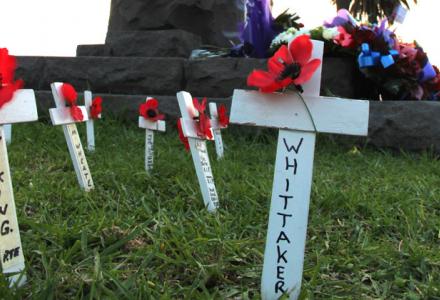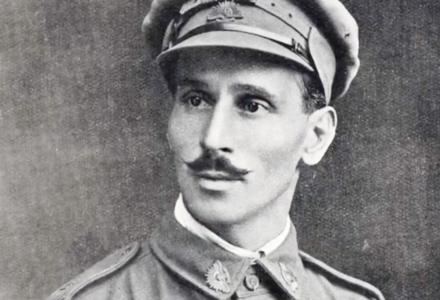James Ferguson was a farmer from Midlands, Western Australia. He served as a trooper in the 8th Light Horse, saw savage action in the Middle East and, when Turkey sued for peace in 1918, expected to be sent home. Instead Ferguson was ordered to stay on in Egypt and help suppress an Arab uprising. At the beginning of the war Egypt had been declared a British protectorate, Cairo had been occupied by thousands of troops, Egyptian assets seized, Egyptian workers conscripted for the war effort. By 1919, many had tired of England’s war and many were angered by a British failure to deliver Arab independence. In the immediate post-war period, Britain, France and the other great powers redrew the maps of Mesopotamia, Iraq and Palestine to serve their own interests at the expense of others.
We don’t know what Ferguson thought of nationalist movements. Nor do we know if his own belief in Empire had survived the long and trying years campaigning in the desert. We do know that Ferguson was suffering from malaria when he was sent out on sentry duty in the ‘Zig Zag’. And that his isolated post stood little chance against a sea of angry protestors. Trooper Ferguson was battered senseless on the night of 19 March 1919; he died from his injuries the following morning.
Some say the Great War was fought in the cause of democratic freedoms, and to defend the rights of small nations to sovereignty and independence. But James Ferguson died to defend decades more of colonial rule in Egypt. His story reminds us that the Great War was fought for privilege and Empire. The turmoil in the Middle East today is part of its sorry legacy.
For full attribution of sources, suggestions for further reading and an extended version of the story itself see ‘The Empire’s bidding: James Ferguson’ in Bruce Scates, Rebecca Wheatley and Laura James, World War One: A History in 100 Stories (Melbourne, Penguin/Viking, 2015) pp. 104-105; 356.



